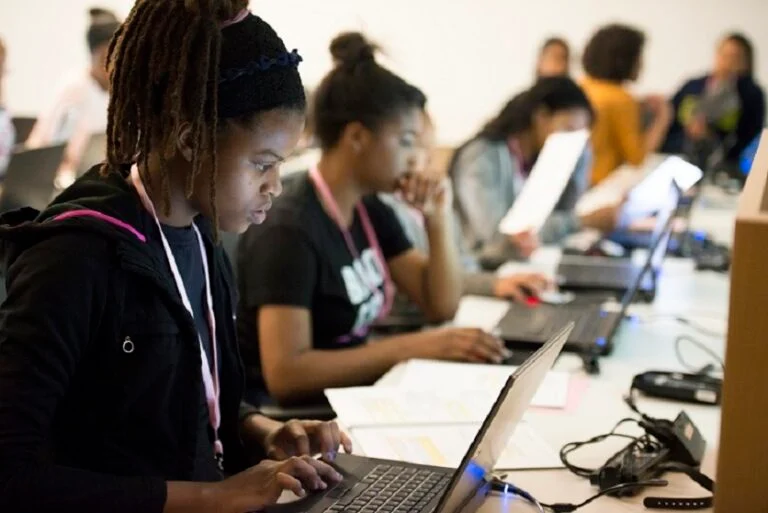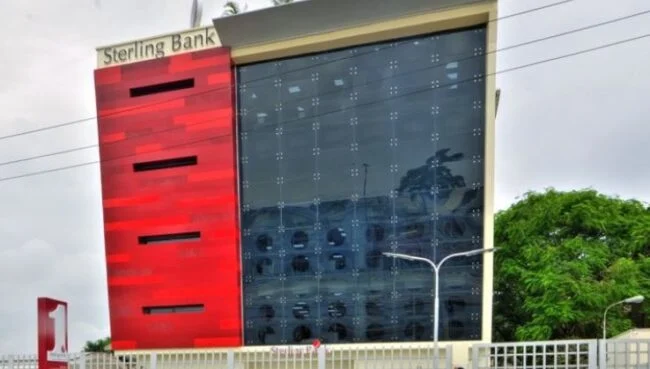The Federal Government on Tuesday said it was worried by the rising cases of COVID-19 in Kano State.
The Minister of State for Health, Dr Olorunnibe Mamora, who said this in Abuja at a media briefing of the Presidential Task Force on COVID-19, said the Federal Government would increase its support for the highly populated state to stop the spread of the virus.
Also, the National Coordinator of the PTF, Dr Sani Aliyu, at the briefing, said the task force was concerned about the increasing cases of the virus in the state.
He also commented on the recent multiple deaths in the state, which the state government on Monday said it was investigating.
Besides, some residents, in separate interviews with The PUNCH, said they were disturbed by the upsurge in COVID-19 cases in the state, which was free of the virus last month.
Kano State recorded its first COVID-19 case on April 11 when a retired ambassador, who had gone on a trip to the United Kingdom, was diagnosed with the virus.
The cases shot up to 59 on Monday as 23 more persons were infected with the virus, whose spread was hastened by the index case, who was reported to have attended a Jumat prayer in Kano.
Also, reports of recent increasing deaths in the state have worsened fear that cases of the virus in the highly populated state may be higher than what is being reported.
On his part, PTF coordinator, Aliyu said the Federal Government and the PTF had noted the rising cases of COVID-19 in the state. He said the task force was working with the state government to tackle the surge.
He said, “We are closely monitoring Kano, Osun, Oyo and Edo states. We note with particular concern, Kano State and we have engaged closely with the state government. (But) because we are increasing the number of tests as we ramp up, we are likely to have an increase in the number of cases.”
Also, the PTF said the state government had set up a team to investigate the increase in coronavirus cases in the state.
The PTF coordinator said the task force had been working closely with the state authorities in Kano. He added, “There is a possibility that we will continue to have more cases coming in as we increase the number of tests.
A journalist asked for Aliyu’s comment on multiple deaths and reports of mass burial in Kano.
Responding he said, “Over the weekend, we engaged directly with the state governor and, virtually, over the last two days, I have been talking to people in Kano to find out what is going on.
“It’s not very clear whether the reports we are getting are actually factual or not. But they (Kano State Government) have set up a team that will be investigating this further.
“In terms of what we are doing from the Abuja side, the Director-General of the Nigeria Centre for Disease Control made an on-the-spot assessment yesterday. He just left Kano today (Tuesday).”
The national coordinator said the PTF had sent Rapid Response Teams to Kano, adding that the task force continued to engage with the government in terms of testing.
“The test centre in Kano started last week. We are also looking at opening more centres for taking samples so that we can increase the number of tests and also improve the efficiency of contact tracing.”
As the Federal Government stepped up efforts to curb COVID-19 in Kano, the state Governor, Abdullahi Ganduje, on Tuesday called for more testing centres in the state.
The governor, according to a statement by his Chief Press Secretary, by Abba Anwar, made the call when the NCDC, Dr Chikwe Ihekweazu, visited him at the Government House in Kano.
He stated, “We need additional testing centres in the state. We need vehicles and protection kits. We need coordination. We need rapid responses and we need palliative.
“Kano is the third on the list of states with a high number of COVID-19 cases and is the most populated state in the federation. We, therefore, need financial support from the Federal Government.”
Relatives attribute deaths to malaria-related ailment
In a related development, residents of Kano have explained the increase in deaths recorded in the city within the last three days.
Also some of the relatives of those who died attributed their deaths to a malaria-related ailment.
One of the residents and community leader, Alhaji Jafaru Gwarzo, in an interview with The PUNCH, said, “Most of the places that have recorded a high number of deaths are densely populated areas. So anybody that dies people will take the corpse to a nearby cemetery for burial due to the lockdown.
“So based on our findings, Abattoir cemetery in Fagge area recorded the highest number of burials because it is near densely populated areas like Gwammaja, Yola and Kulkul.”
Another resident, Mallam Musa Maiyara, said the number of death recorded within the last three days in the metropolis was alarming.
He stated, “People who died were mostly buried in three major cemeteries in the city. This heightened fear of the residents that the deceased might have died as a result of a strange ailment.
Some families of the deceased, who spoke on condition of anonymity, attributed the unusual deaths to an ailment related to malaria.
A resident said his father died as a result of malaria and was buried at the Abattoir cemetery on Saturday.
Another bereaved member of a family said he lost his mother, who had a fever on Friday and was buried at the same cemetery where some people who died as a result of similar ailment were buried.
A resident in Kano, Abdulmunini Giwa, attributed the COVID-19 fear in the state to its dense population.
Another resident, Musa Ado, said, “Kano, for instance, we are faced, with two major crises, health crisis arising from COVID-19 pandemic and hunger crisis, arising from the total lockdown.’’
Punch


 BIG STORY3 days ago
BIG STORY3 days ago
 BIG STORY3 days ago
BIG STORY3 days ago
 BIG STORY12 hours ago
BIG STORY12 hours ago
 BIG STORY3 days ago
BIG STORY3 days ago
 BIG STORY2 days ago
BIG STORY2 days ago
 BIG STORY7 hours ago
BIG STORY7 hours ago
 BIG STORY1 day ago
BIG STORY1 day ago
 BIG STORY2 days ago
BIG STORY2 days ago






















